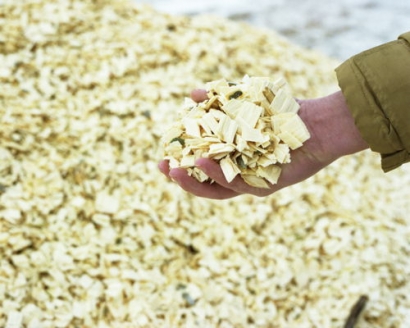
“The UK’s dependency on energy imports should be a wake-up call to this Government,” Reeves says."As part of The Paris Agreement, the UK signed up to 20% of its gas coming from renewable sources. And, we have committed to having 40 million electrified cars on our roads within 30 years.
“Yet, we are a long way off achieving this. The UK is currently more susceptible to big spikes in global energy prices than most other countries within Europe. Global oil market prices have doubled, and petrol and diesel prices are at extreme highs.
“We must increase our locally and domestically produced gas and electricity, and therefore, our energy security.”
Reeves says initiatives from COP26 could enable investment from the private sector in energy from waste - a key part of the domestic energy production solution.
“The private sector is dripping in cash. There is finance readily available and global investors looking for ESG opportunities, but there’s this huge gap in policy, which doesn’t provide consistency and long-term certainty in sectors such as energy from waste, and is off-putting for investors,” he explains.
“It begs the question as to why are our leaders not committing to a longer-term approach, when a key part of the solution is right in front of them,” says Reeves.
Winward adds that a bolder, more collaborative policy, must be part of the post-COP26 roadmap.
“There is no one silver bullet to tackling climate change,” says Mr Winward. “All methods of renewable technology, especially those that capture carbon dioxide, which has a global warming potential 28-34 times that of CO2, should be a fundamental part of the solutions agreed at COP26. Not just those technologies that look good on paper.
“Wind and solar cannot deal with over 220 million tons of waste, which the UK produces annually,” he says.“If we want to achieve a net zero goal then we cannot continue to dump waste in holes in the ground or ship it off to other countries."
Winward stresses that joined-up communication from across the sector, and from the conference, will be vital.
“We need everyone to come together to reduce their carbon footprint and start being braver on climate change. This means all of us making incremental changes, and a commitment to doing something small to reduce our environmental footprint, which will amount to something much bigger as a collective,” Winward says.
“For our political leaders, being brave on climate change means introducing policies which eliminate fossil fuel usage and no longer allowing big businesses to sway the policy trajectory.
“The energy from waste industry is here and waiting to mobile and gear up to deliver these climate change targets. We’ll be watching COP26 closely in anticipation for our leaders to do the same.”

